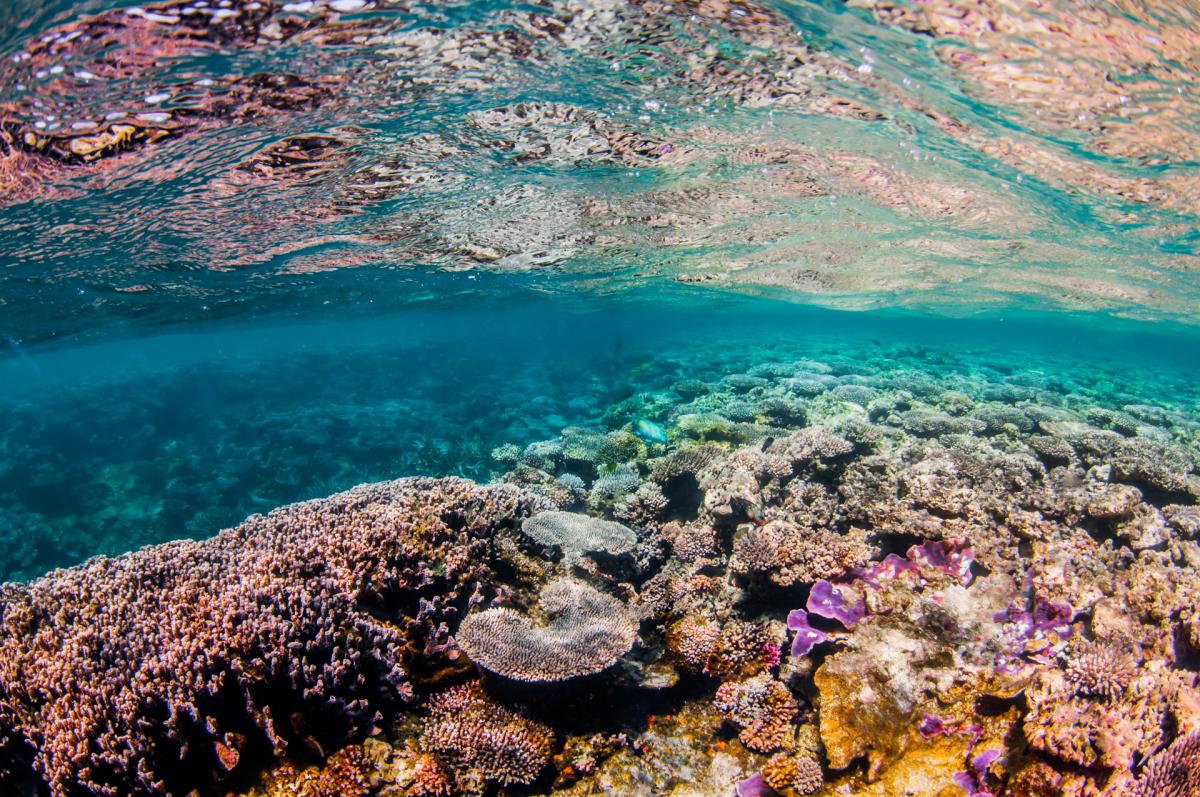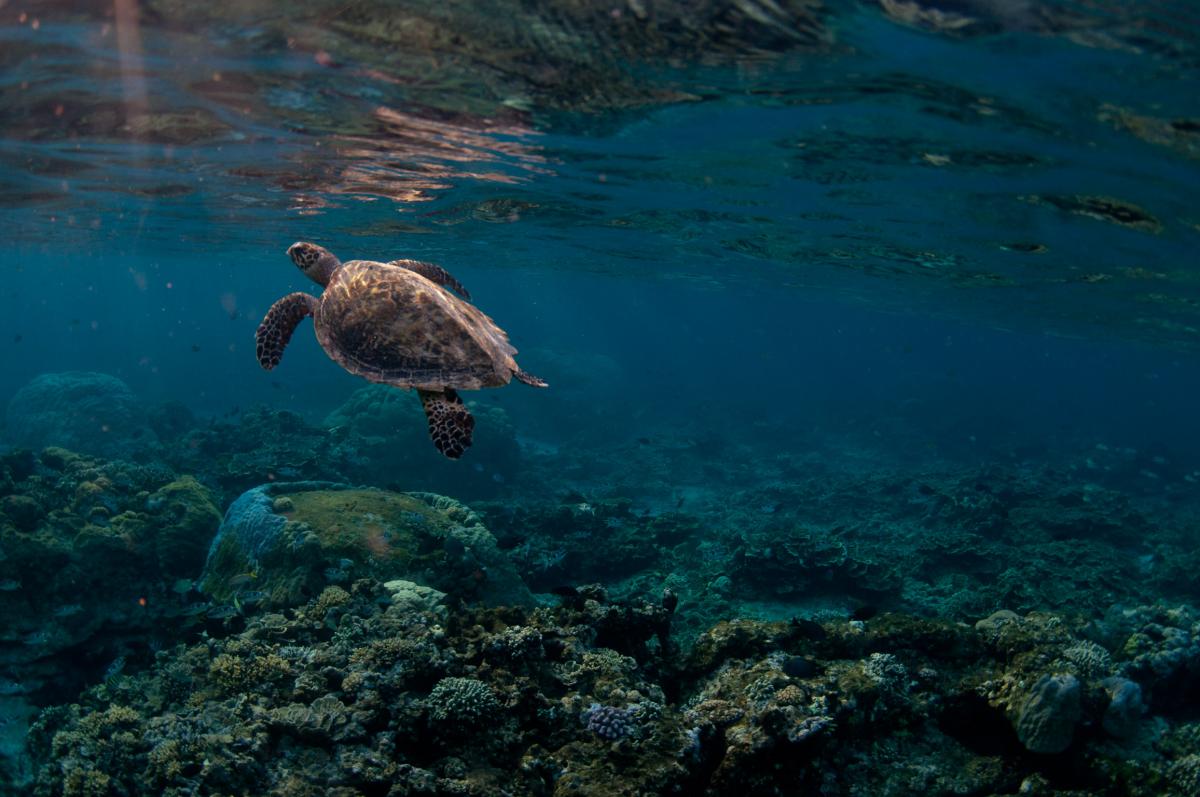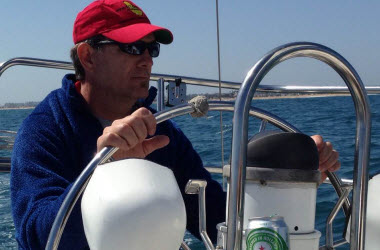January 19, 2016
With talks underway in Paris to tackle the big problem of global warming, and no direct mention of ocean health on the agenda, world leaders need to know the coral is depending on progress.
Corals, in fact, are at risk by two human-caused stressors.
First, localized problems include pollution, anchor damage, coral mining, and fishing of herbivores.
Second, on the global level, stressors include global warming and ocean acidification. As the earth heats up, two things happen in the ocean. The obvious event is that the ocean is getting warmer. But it is also absorbing the CO2 we put into the atmosphere. This causes the ocean to become more acidic.
An acidic ocean makes it harder for coral to grow its limestone skeleton; acidic water can dissolve it.
 In addition, increased water temperature further stresses the coral, causing it to expel its algae partner. Why? Because the energetic “cost” to house this algae becomes too great. Losing these algae leads to a reduction in sugars, and other energy sources, and eventually the coral succumb and die.
In addition, increased water temperature further stresses the coral, causing it to expel its algae partner. Why? Because the energetic “cost” to house this algae becomes too great. Losing these algae leads to a reduction in sugars, and other energy sources, and eventually the coral succumb and die.
Teachers, Ocean First Education supports your classroom work on this important topic. Our “Dive into Diversity” course includes an entire chapter called “Coral Reef Living.” Also, our “Ocean Ecosystems” course explores the qualities of this unique environment. Studying the ocean is part of the exploration of global warming is a powerful way to demonstrate the layers of consequences to this dangerous trend.
Corals are Critical
Corals are a crucial component of coastal marine ecosystems. They provide shelter and habitat for fish, serve as a food source to many organisms, and help protect other marine environments, such as mangrove and sea grass forests, from storm damage.
Many animals use coral and the structures they build as habitat. Everything from fish and sharks to crabs and octopus rely on the complex city-like structure that the corals build over thousands of years. It is this structure that supports the complex food webs that are seen on coral reefs.
Other animals also consume corals. Many fish have become specialized feeders to exploit this resource, and can be highly selective in the coral species they consume.
 Parrotfish feed on the algae that grow on coral. While it may seem they are feeding on the coral, they are actually grazing off the algae that grows on the surface, doing the coral a favor in keeping it from being smothered by the algae. Parrotfish and other herbivores are very important components to coral reefs, and their presence helps ensure the survival of corals.
Parrotfish feed on the algae that grow on coral. While it may seem they are feeding on the coral, they are actually grazing off the algae that grows on the surface, doing the coral a favor in keeping it from being smothered by the algae. Parrotfish and other herbivores are very important components to coral reefs, and their presence helps ensure the survival of corals.
How to Help
We can help reduce stress on all corals by focusing on what we do every day. Reduce our CO2 use, drive less, heat less, and consume food that are from local sources rather than afar. These simple steps, if everyone did them, would significantly reduce our impact and give the ocean and its corals a fighting chance.
World leaders meeting in Paris—are you listening?



